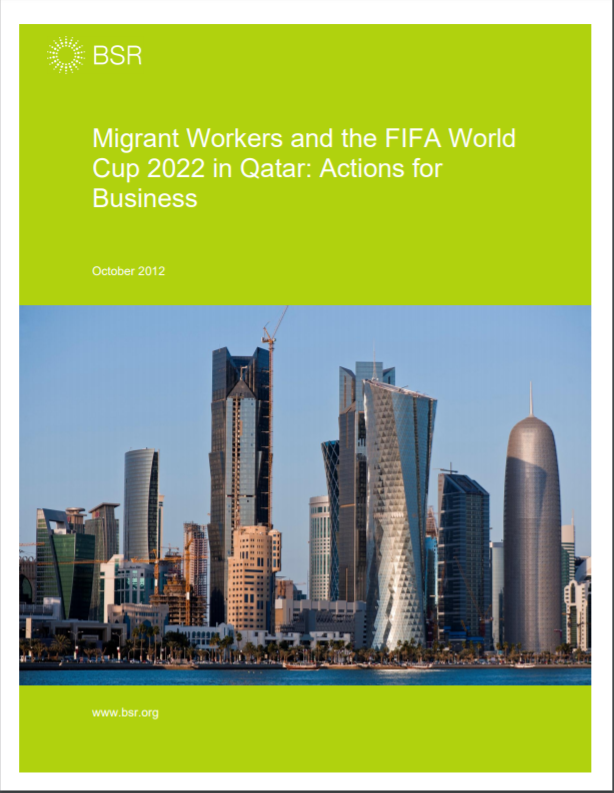Survivor Bank Accounts Report
PublicationsSurvivor Bank Accounts, designed specifically to be set up without proof of identification or an address, are a positive form of recognition and empowerment for survivors. They provide financial independence and demonstrate the importance of providi...Read More

